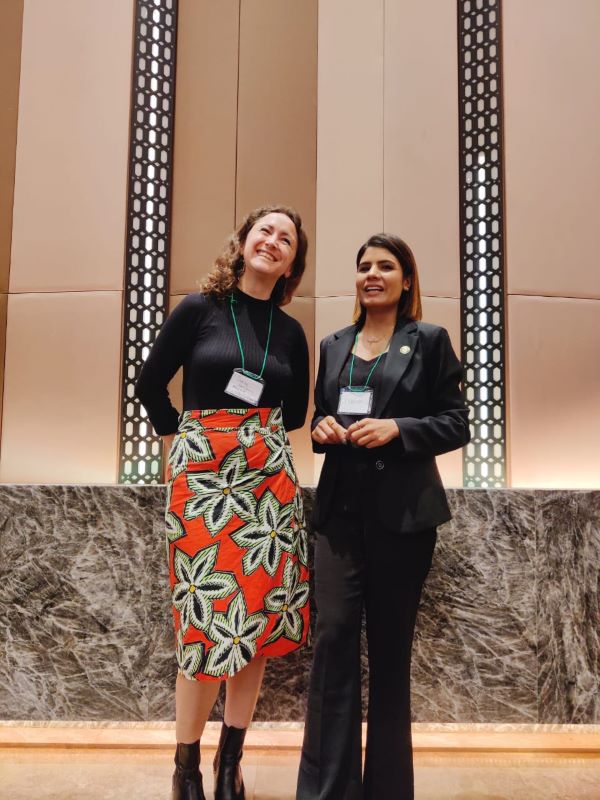"It should be considered and taken into account during the asylum procedure that ‘speaking of the unspeakable’ for some asylum seekers is not an obvious, not even an optional thing to do".
This open access book chapter focuses on two questions: which psychological and psychiatric factors can obstruct asylum seekers remembering their traumatic memories and speak about these experiences within the context of the asylum application, and what exactly is the impact of those factors on the quality of the statement of asylum seekers? The objectives are twofold: to relate this growing knowledge about trauma and memory to the situation of asylum seekers and to promote the use of this learning in the asylum procedure.
The book chapter is a useful resource for legal practitioners and for decision makers. It covers:
- Consequences of the traumatic experience
- The reaction and processing of traumatic events
- Stagnated processing as a psychiatric disorder
- Normal functioning of autobiographical memory
- Qualitative aspects of traumatic memories
- Psychiatric disorders and traumatic memories
- Memory and dissociation
- Consequences for the asylum procedure
- Shame and silence
- Distrust
- Concentration
- Physical problems
- Physical expressions of fear and stress
- Pain
- Sleeping problems & exhaustion
- Brain injury
- Malnutrition
- Meaning for asylum procedures
The book the chapter can be found in is: Care Full. Medico-legal reports and the Istanbul Protocol in asylum procedures




